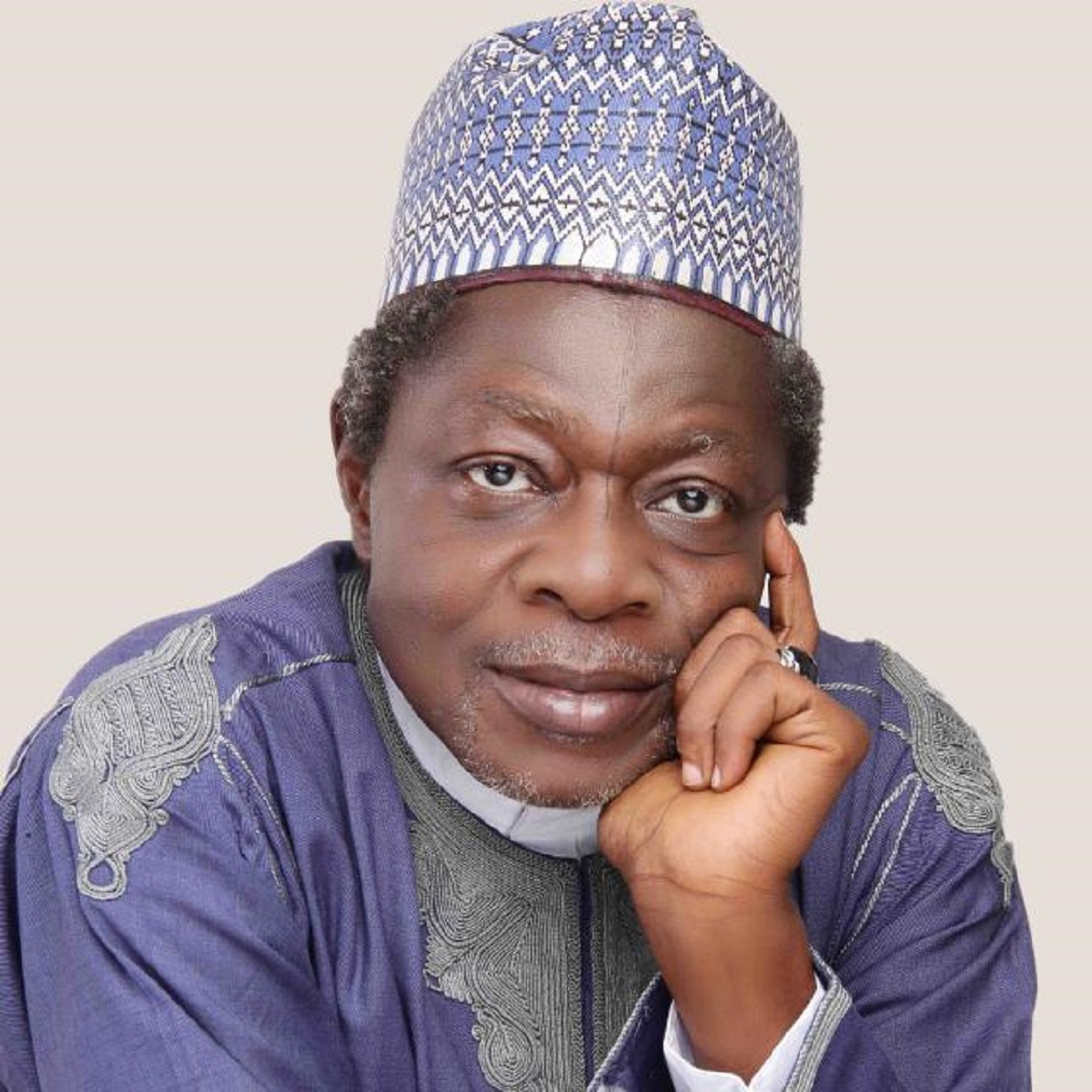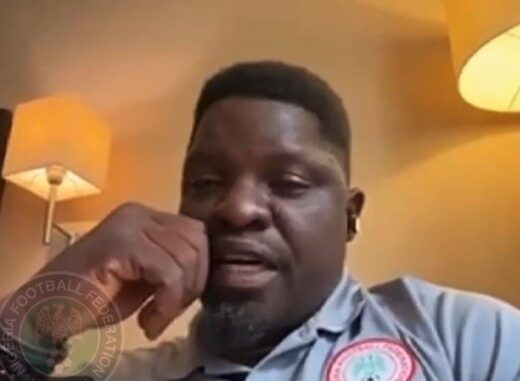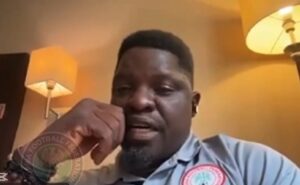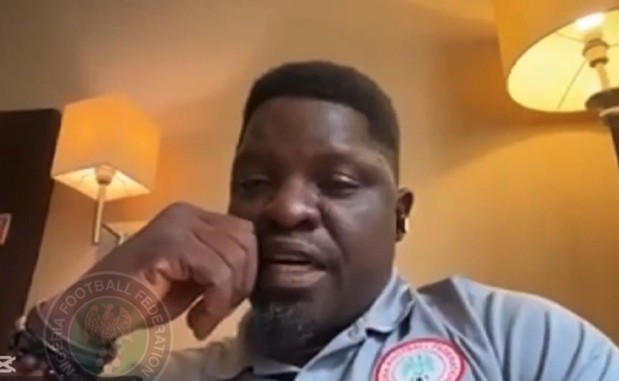
“He had a good heart, see where he died.”
“To live in hearts we leave behind is not to die.” – Thomas Campbell
“Daga Allah sai talaka,” (meaning service to the poor after that to God) was his campaign slogan. Bukar Abba Ibrahim was a man whose life was spent in service to the people. This was reflected more in his method of governance that was skewed towards empowering the people.
When Yobe State was created in 1991, the state itself was rural and Damaturu, the state capital, was not better than a big village.
Elected on the platform of the Social Democratic Party (SDP), he became the state’s first democratically elected governor and was in office between January 1992 and November 1993 when the late General Sani Abacha sacked the democratic contraption of that time. He came back, though, in 1999 where he served for two terms under the flag of the All Peoples Party (APP).
A first-class brain and an excellent quantity surveyor graduate of the prestigious ABU, Zaria, he was a one-time commissioner of works in the old Borno State. He deployed his knowledge and administrative acumen to build structures in the young state of Yobe.
With a style of leadership that can be defined as laissez-faire, he allowed his appointees freedom to make decisions, believing that those invested with responsibility must be responsible people.
Through this method, he built over three thousand houses that accommodated both public and private sector workers, as well as roads, schools, hospitals, clinics and factories that bring in revenue to the state.
Amongst his projects spread across the state are the Yobe Flour Mills Company, Potiskum; Fertilizer Company, Gujba; Printing Press, Damaturu; Polythene/Sacks Industry, Damaturu; Dofarga Spring Water Company, Gulani, and a modern abattoir in Damaturu.
Others are the Yobe State University; School of Nursing, Damaturu; College of Health Sciences, Nguru; College of Legal and Islamic Studies, Nguru; Yobe State Polytechnic, Geidam; College of Agriculture, Gujba, and the Yobe Mosque and Islamic Centre (Mosque and School), Damaturu.
No wonder many call him the father of modern Yobe.
However, Bukar Abba will be remembered for his simplicity and humility, and his love for people.
He was never one to shun a person who sought his audience regardless of that person’s low standing in society. It was not uncommon to see him discussing heartily with beggars, invalids or the physically challenged. Whoever he interacted with came out with their dignity intact because of the rapt attention he accorded them.
Perhaps, this was a result of his guiding principle of life, being an avowed welfarist who had Malam Aminu Kano as his ideal. He not only had a son named after him, but till he died he wore the dara (Aminu Kano’s type of red cap).
Many people got the surprises of their lives when they saw him in events they deemed beneath their status to grace. He would be seen in the house of the lowest of commoners, if invited, for a wedding or naming ceremony. And he was equally at home with the haves as he was with the have-nots.
In 1999, his first official outing was to our house at Ben Kalio, in Damaturu, to attend the wedding Fatiha of my younger sister, Ya Aisa, named after the mother of the late Baba Shehuri, a great friend of our late father.
He had great respect for our father, the late Alhaji Sulaiman Gimba Ahmed, who died on 8 January 2013. This made the late Emir of Fika, His Royal Highness Alhaji Abali Ibn Muhammadu Idrissa, delegate him to go to the governor and intercede on behalf of his people.
The Bolawa were seen as die-hard Peoples Democratic Party adherents because of their notable sons, the late Malam Adamu Ciroma and Adamu Maina Waziri, who were founders and torchbearers of the party. In any case, the Bolewa, except for recently, had always been politically centrist. They were with the late Sardauna of Sokoto’s Northern Peoples Congress (NPC) and later with the National Party of Nigeria (NPN).
And so some influential people in Bukar’s government started posting the Bolewa civil servants to the state’s equivalent of Siberia, which necessitated the late Emir to send our late father, who was at Government College, Maiduguri, earlier than the governor, to him for a truce. And everything normalised thereafter.
During his tenure as governor, especially between 1999 and 2007, his main running mate, to borrow from the late Governor of Kano, Sabo Bakin Zuwo, was Adamu Maina Waziri, a prince of Fika and doyen of the Peoples Democratic Party (PDP) in the state.
The late Bakin Zuwo had a running battle with the late Abubakar Rimi as they belonged to two different factions of Malam Aminu Kano’s Peoples Redemption Party (PRP). And when Zuwo was contesting for the governorship of Kano and was asked by pressmen who his running mate was, he mistook that for a competitor, like someone he was running a 100-metre dash against. He quipped, “It is that boy, Abubakar Rimi.”
I recall a day in February 2003 when Bukar Abba asked me if I thought Adamu Waziri would be a good governor for Yobe State. The question took me by surprise because I had gone to see him on another matter entirely apolitical, being a journalist.
I was in the Government House sitting room at about 8 pm and just a few guests were there hanging around. I recall one security man telling me to go because it was late, an advice I ignored. Then Bukar, whom I believe saw me on the CCTV monitor, sent for me. And I was taken to his bedroom! That was a great honour. He was sitting on his bed while I sat on the carpet in front of him.
After initial greetings, he asked why I was there late. Done with that, he asked me about a marriage I was to contract that month and asked me how much the dowry was. When I told him, he laughed heartily and said “Why is it this much, or is it because she is Fulani?” He got up and went to a wardrobe where he counted the amount and gave it to me.
Then the bombshell: “Do you think Adamu Waziri will be a good governor for Yobe?” he asked me.
Gubernatorial elections were to be held in the next two months and Waziri of the PDP was a threat.
My mind went into a spin. I thought he was trying to trap me. Something told me that he had asked because there was this political misconception in Yobe that every Babole was regarded as a PDP loyalist and, therefore, would vote for the party. He (Bukar) did not even know that, at that moment, I was more with Tijjani Musa Tumsah who was not exactly politically chummy with Waziri. Four years earlier, I had given my vote to Nasiru Hassan Yusuf, who was contesting for the House of Assembly in Bukar Abba’s party.
But knowing him to be a straight forward man who believed people telling him something were truthful, I gave him an answer from deep within my heart, an answer I believed in.
Hassan Gimba is the Publisher and Editor-in-Chief of Neptune Prime.
Related
You may be interested

2024 CHANQ: History Not Kind To Us Against Ghana –Ogunmodede
Webby - December 24, 2024Home-based Super Eagles coach Daniel Ogunmodede says history has not been good to Nigeria when they face rivals Ghana.The home-based…

Ex-Chelsea Star Oscar Returns To Boyhood Club Sao Paulo
Webby - December 24, 2024Former Chelsea midfielder Oscar is returning to his Brazilian boyhood club Sao Paulo after 14 years, which included a long…

‘I’m Incredibly Proud’– Arokodare Talks Up Genk’s Unbeaten Home Streak
Webby - December 23, 2024Tolu Arokodare is full of excitement followingGenk’s historic victory over Anderlecht, reports Completesports.com.Sunday’s win at the Cegeka Arena was the…



















![American Pastor, David Wilson Seen Eating The Box Of Woman Who Isn’t His Wife [Video]](https://onlinenigeria.com/wp-content/uploads/2019/10/american-pastor-david-wilson-seen-eating-the-box-of-woman-who-isnt-his-wife-video-150x150.jpg)





![Drama As Nigerian Judge Storms Redeemed Church, Slaps Female Pastor Over ‘Noise Making’ [Video]](https://onlinenigeria.com/wp-content/uploads/2019/06/drama-as-nigerian-judge-storms-redeemed-church-slaps-female-pastor-over-noise-making-video-150x150.jpg)



